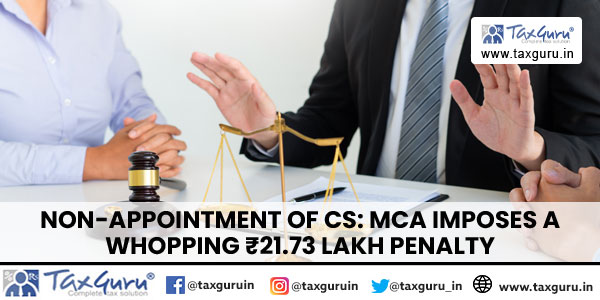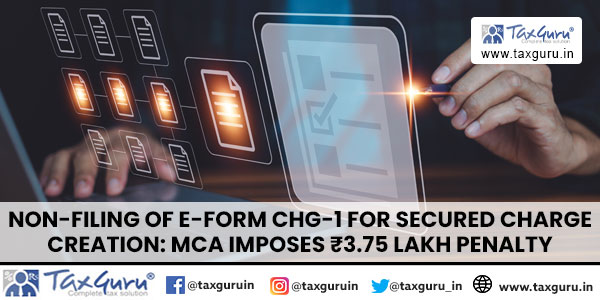Section 16(4) of the Central Goods and Services Tax Act, 2017 (CGST Act, 2017), provides the time limit for claiming credit under GST. As per the said section, a registered person can claim credit pertaining to an invoice or a debit note for supply of goods and services earlier of:
1. Due Date of furnishing of return under section 39 i.e. GSTR 3B for the month September following the end of the financial year to which such invoice or invoice relating to such debit note pertains (The finance bill 2020 has amended the said section de-linking the debit note to its original invoice, however the same is not yet notified); or
2. Date of filing annual return for the relevant financial year;
While, the above time limit applies in case of forward charge, however, it is not clear if the same applies even in cases of payment made under reverse charge.
This article will give you clarity on the time limit for availing credit of tax paid under reverse charge.
On perusal of section 16(4) of the CGST Act, 2017, we know that the time limit for availement of credit is linked to the period to which the invoice or debit note pertains. The said section is reproduced below for ease of reference
(4) A registered person shall not be entitled to take input tax credit in respect of any invoice or debit note for supply of goods or services or both after the due date of furnishing of the return under section 39 for the month of September following the end of financial year to which such invoice or invoice relating to such debit note pertains or furnishing of the relevant annual return, whichever is earlier.
In case of payment of tax under reverse charge mechanism, section 31 of the CGST Act, 2017, provides that a registered person liable to pay tax under reverse charge is required to issue a self-invoice for receipt of goods and services from unregistered person. Also, a payment voucher is required to be issued at the time of making payment to such unregistered person.
Now, in case of Rule 47 of the CGST Rules, 2017, the self-invoice is required to be issued within 30 days from the date of supply of service. Accordingly, based on the above provision, availement of reverse charge credit is also linked to the self-invoice which is required to be issued in case of reverse charge supplies.
Therefore, the time limit for availing credit as per section 16(4) of the CGST Act, 2017, applies to credit of tax paid under reverse charge as well.
Accordingly, the time limit is to be determined on the basis of the date of issue of self-invoice and not on the basis of the date of payment of tax under reverse charge.
Trust the article is helpful. Please feel free to revert in case of any clarifications or difference in opinion.



























RCM : The RCM Tax amount FY 2017-18 and 2018-19 , we paid in May 2020.
can we take credit as input of said rcm tax amount in ocotober 2020.
Credit on RCM is taken subject to payment of tax. As per Rule 36(1), ITC can be claimed on the basis of an invoice issued in accordance with the provisions of clause (f) of sub-section
(3) of section 31, subject to the payment of tax. So if the taxpayer has issued invoice timely and claims credit but makes payment in the next year, is he not incorrect ? When should he claim credit ideally ?
Very good
Dear Ronak Ji,
I am also of the same view. Nice drafting.
In case of reversal of ITC where pymt not made with in 180days u/s 16 of CGST Act 2017, correct. So taking credit of unpaid bills must be as per section 39 and reverse in the succeeding
month and will be allowed to take credit on making paid the unpaid bills .but by this time limit for taking credit will be over. pl discuss if U are interested.